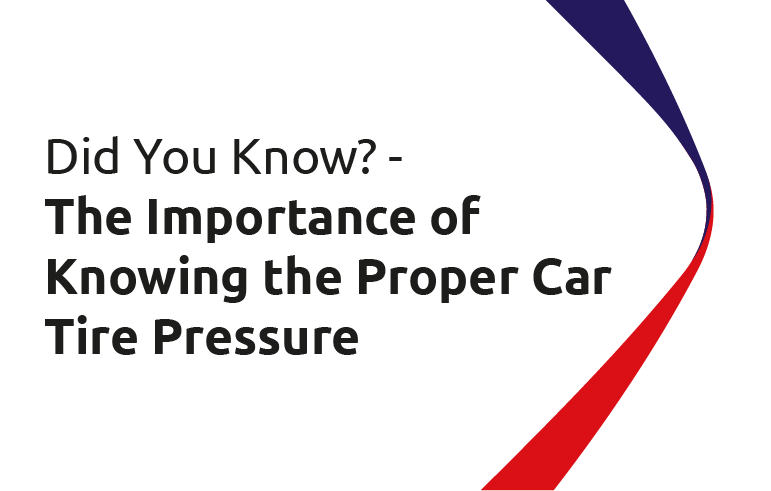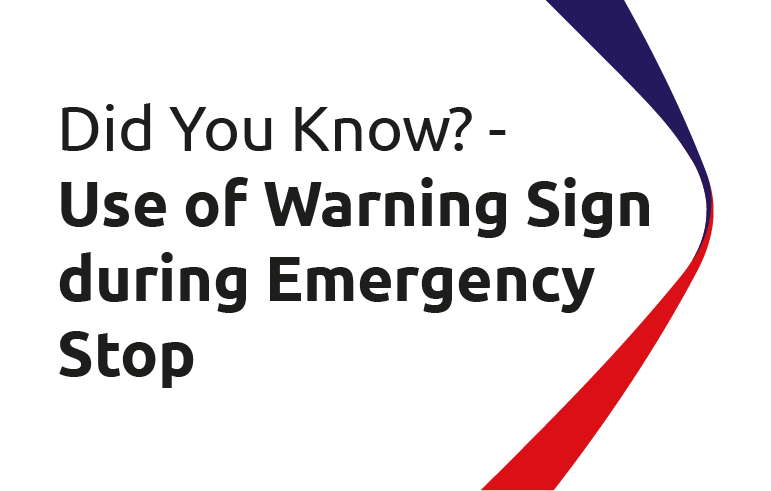Did You Know? The Difference Between IP67 and IP68 on Smartphones

As technology advances, modern smartphones come equipped with water and dust-resistant features. Instead of labeling them as "waterproof," these features are represented by a specific rating or IP score.
IP stands for Ingress Protection or International Protection. The IP rating indicates the level of protection from solid and liquid objects that a device possesses. The IP rating is usually followed by two numbers after it. The first number (levels 1 – 6) indicates the level of protection from solid particles, such as dust or other dirt. The second number (levels 1 – 8) reveals how much liquid the device can withstand without damaging its components. The higher the number, the better the device is in terms of device protection, against both handling solid and liquid particles.
Currently, smartphones are certified with IP ratings of IP67 and IP68. So, what's the difference?
IP67 can withstand all types of dust and survive in water for 30 minutes at a depth of 1 meter. Meanwhile, IP68 can handle various dust types and will continue to function when submerged in water to a depth of 4 meters.
However, even though every device boasts water and dust resistance features, it's crucial to remember deliberately submerging a smartphone with IP certification into water is not recommended. Moreover, the highest IP rating won't guarantee survival if immersed in seawater or chlorine water, as it may cause problems. The rubber seal protecting a smartphone with IP68 will also weaken over time, reducing its water resistance. The seal can be eroded if the smartphone is frequently exposed to liquid spills.
Hopefully, the information above enhances your understanding of the water and dust-resistant features of your smartphones. If you require additional information about insurance products from MSIG Indonesia, please contact us at 021 - 2523110 and we will be pleased to assist you.



